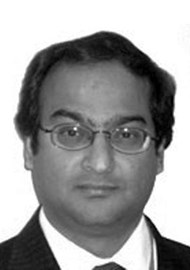This is a retrospective paper from China that looks to assess the efficacy and safety of sialendoscopy with a combined transoral or transcutaneous approach for the removal of parotid stones. Sialolithiasis is known to be a cause for obstructive parotid conditions and account for a number of surgical procedures. Superficial parotidectomy is the generally accepted treatment of intractable obstructive disease. There are however the postoperative complications of facial nerve damage, facial hollowing, Frey’s syndrome and persistent postoperative pain. Any method that allows for the reductions of parotidectomy and the postoperative sequelae is a welcome addition to the surgeon’s armamentarium. This is a well written paper that is easy to follow and outlines investigation and surgery. Twenty-nine patients were diagnosed with parotid gland sialolithiasis; this was confirmed with ultrasound and computed tomography. All operations were carried out under local anaesthetic to confirm the presence of the stone and assess size / suitability for removal. If the movable stone was retrievable (as it was in nine patients) then it was removed. If the stone could not be retrieved as it was bigger than 3mm or impacted, a transoral procedure was carried out (15 patients), and if this failed then the siaendoscope was used to pinpoint the stone and a small cutaneous incision performed (five patients). Postoperatively sialenscopy was used to wash out, inspect the gland, and insert a stent. There were no postoperative complications. All patients had functioning parotid glands. This is also a good paper to read if one is contemplating starting a sialendoscopy service. There are good photographs and a discussion of sialendoscopy. The summary of discussion on sialendoscopy is particularly useful for exam preparation.




